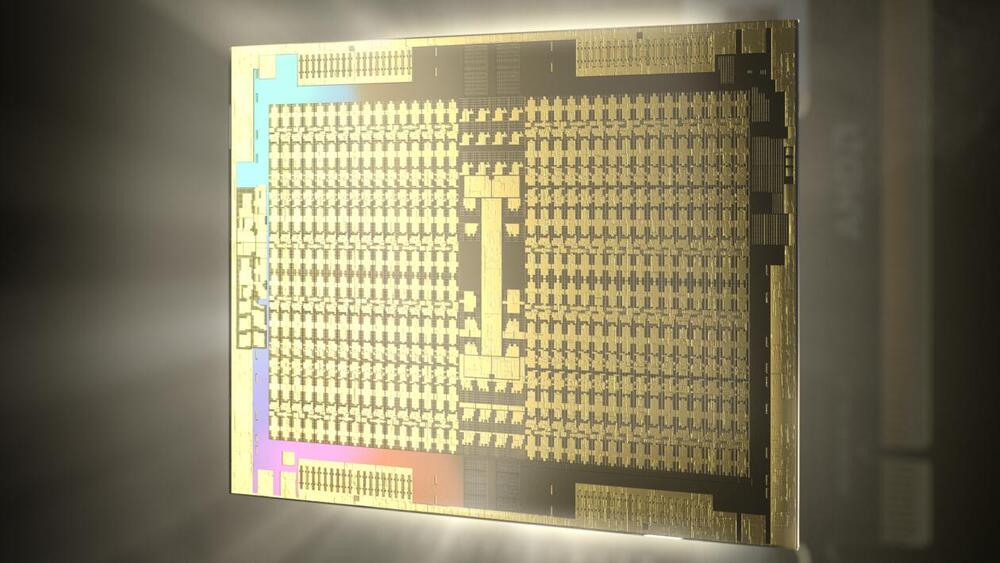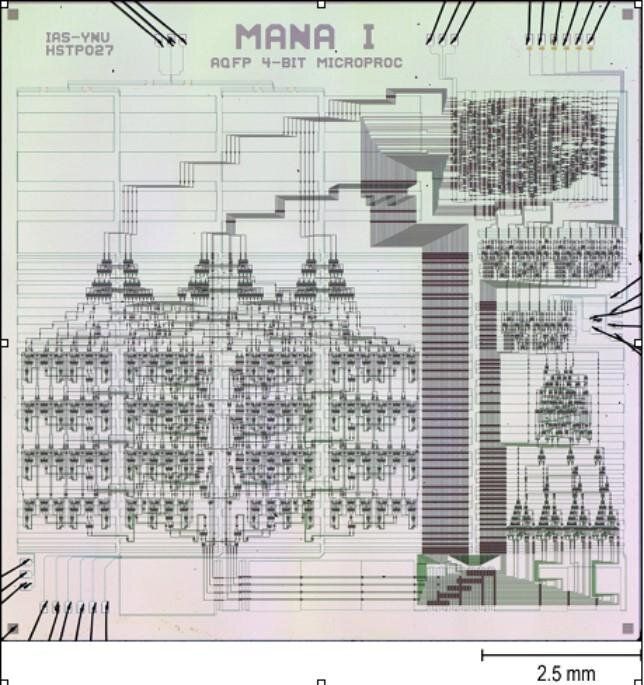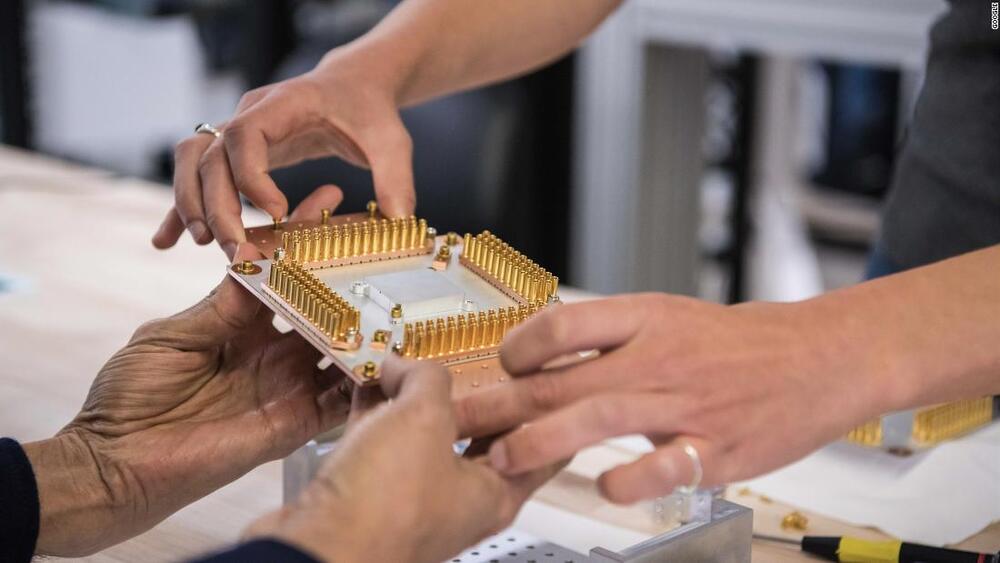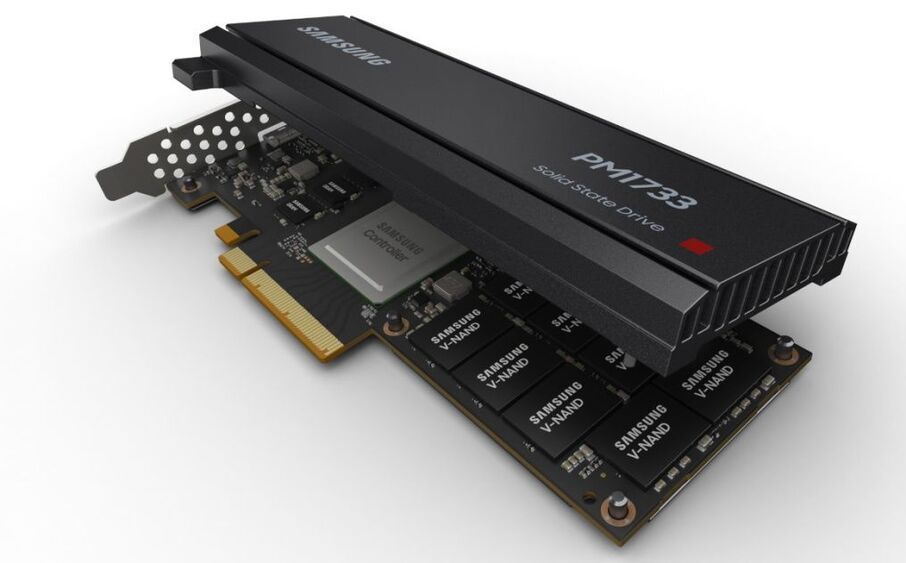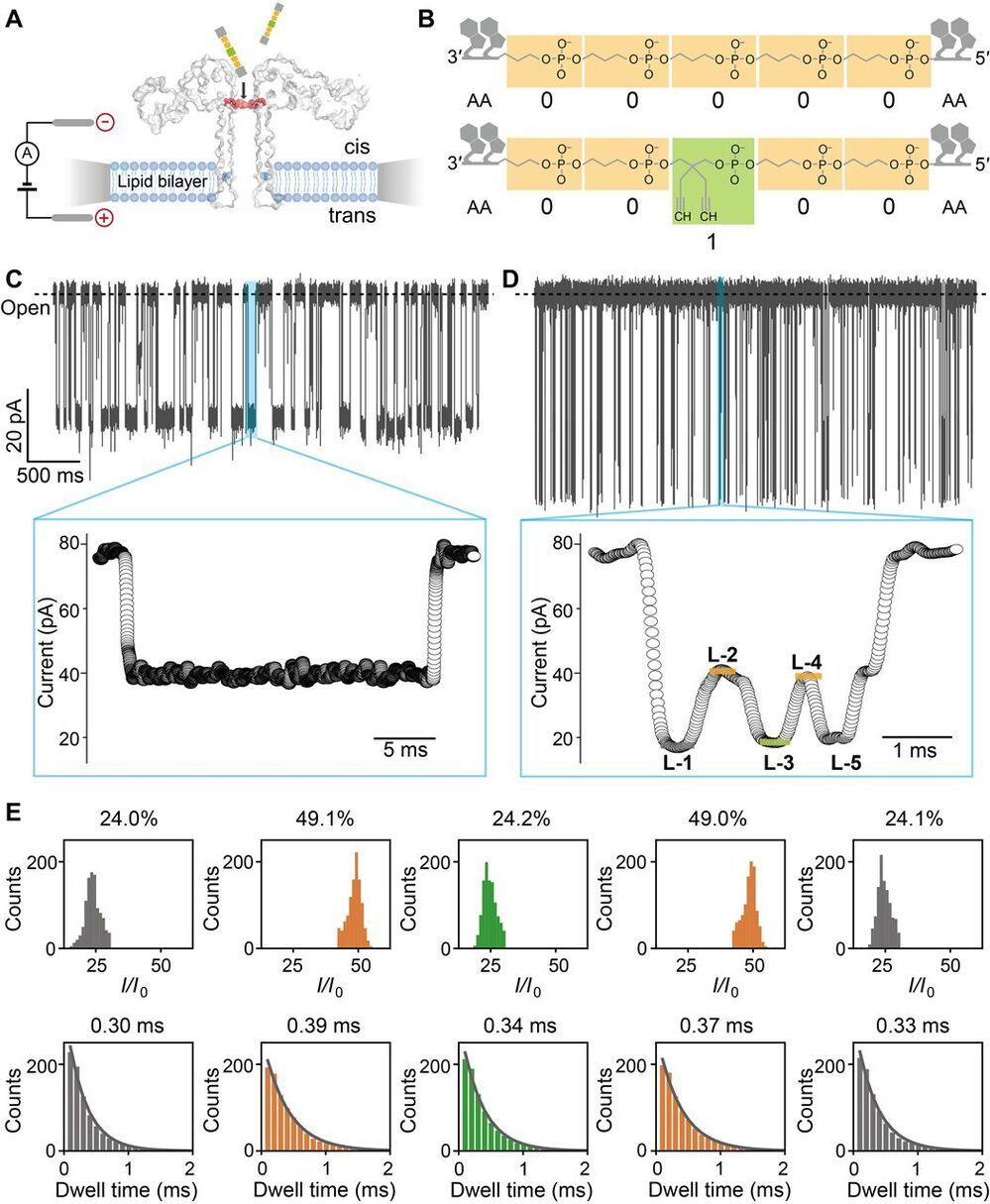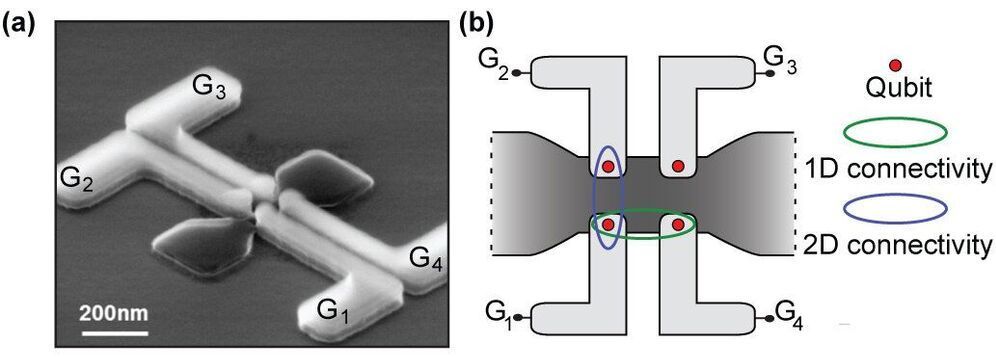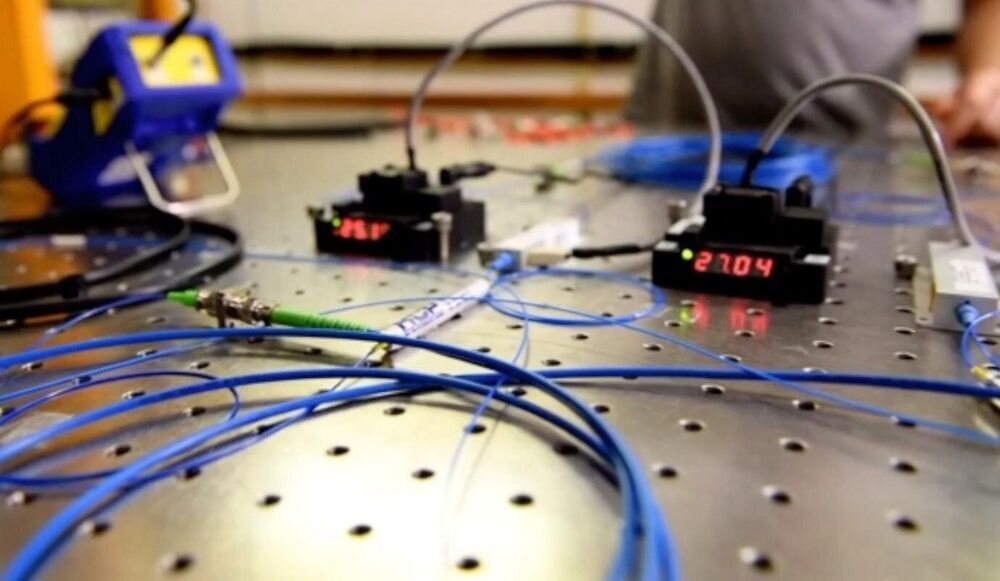Neuromorphic computing is coming, and it’s based on the way the brain works. In this installment of Brains Behind the Brains, Mike Davies, Director of Neuromorphic Computing at Intel Labs, talks to us about this technology, Intel’s Loihi processors, and how neuromorphic computing will change our world in wonderful ways. https://intel.ly/3hmL0Ip.
Subscribe now to Intel on YouTube: http://bit.ly/1BZDtpf.
About Intel:
Intel, the world leader in silicon innovation, develops technologies, products and initiatives to continually advance how people work and live. Founded in 1968 to build semiconductor memory products, Intel introduced the world’s first microprocessor in 1971. This decade, our mission is to create and extend computing technology to connect and enrich the lives of every person on earth.
Connect with Intel:
Visit Intel WEBSITE: http://intel.ly/1WXmVMe.
Like Intel on FACEBOOK: http://intel.ly/1wrbYGi.
Follow Intel on TWITTER: http://intel.ly/1wrbXC8
Follow Intel on INSTAGRAM: http://bit.ly/1OJuPTg.
Brains Behind the Brains: Mike Davies and Neuromorphic Computing at Intel Labs | Intel.
https://www.youtube.com/user/channelintel

